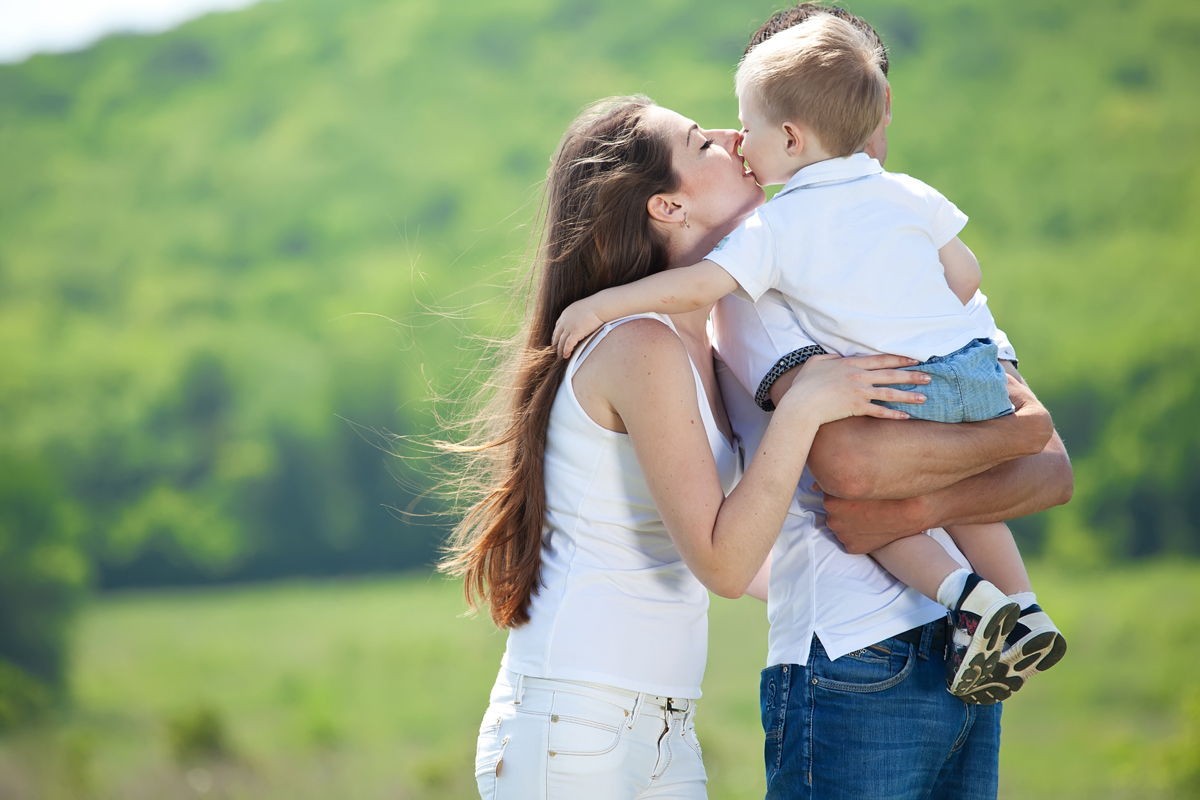Some couples with an unfulfilled desire to have a child have a long way to go until they have achieved their goal of starting a family – inseminations, hormonal treatments used for ‘artificial insemination’, IVF therapies, cryo cycles, etc. Some couples, however, need a “Plan B”: An egg donation.
With donated oocytes, these couples are able to realize their dream of having a child. The donated oocyte is inseminated by the husband’s sperm. Subsequently, the embryo is transferred to his partner’s womb which has been prepared accordingly. If everything works, she will give birth to a baby nine months later.
The woman delivering the baby is the child’s mother, from a “biological” and social point of view. However she is not the child’s genetic mother. I know from conversations I have had with patients that many egg-recipients are concerned with the following question:
“I am worried that I might not love the child just as much as if it was conceived with my own eggs?”
In order to find out whether the missing genetic link may affect the mother-child relationship, British scientists carried out a study on the subject (see literature below).
Already in 1983, egg donation was introduced in Great Britain, enabling the scientists conducting the study to draw on a great wealth of experience.
The core of the study consists of families whose children were conceived through egg donation, families with children conceived using donated sperm and families whose children were born after “conventional” IVF treatment (both oocyte and sperm were collected from the respective couple).
The families were interviewed and observed 4½ and 12 years after the birth of their child/children (using internationally standardized questionnaires). The study investigated, inter alia, the following questions:
- Mother-child interaction quality?
- Is the mother overly protective or does she have a rather reserved attitude towards her child?
- Child development?
The results indicated that mothers in all three groups share almost the same feelings regarding the joy of motherhood and the concern for their children – all mothers provided their children with the same amount of closeness and warmth. The “donor insemination mothers” displayed the highest levels of maternal sensitivity towards their children. No differences were found between the “egg donation mothers” and the mothers whose offspring was conceived through “conventional” IVF.
Likewise, the children in all three groups are well adjusted in terms of school performance and when interacting with friends.
The researchers assume that the genetic link is not crucial for family development and mother-child bonding (unfortunately, the fathers have not been interviewed in this study). During pregnancy, the mothers developed a strong bond with their children, which strengthened their identity as a mother, thus compensating for the feelings of frustration and failure they have experienced earlier in life when trying to cope with their fertility problems.
This just confirms what we have already known deep inside: you can unconditionally love a child to whom you have no genetic link.
Literature: “Egg donation parents and their children: follow-up at age 12 years” | C. Murray, F. MacCallum, S. Golombok – Fertility and Sterility Vol85 No3 (610-618), March 2006
Links:
» Fertility treatment with egg donation
(Topic-Special | https://www.fertility-treatment-blog.com)
(Start page | https://www.fertility-treatment-blog.com)
(Page | https://www.fertility-treatment-blog.com)
















